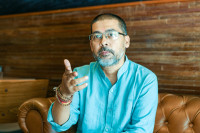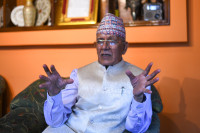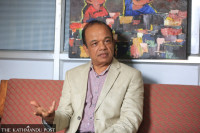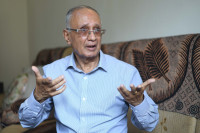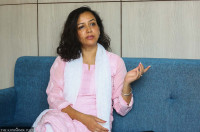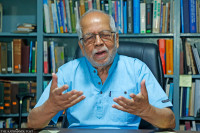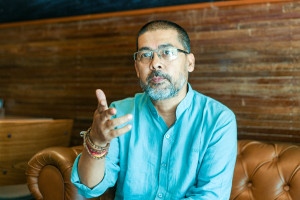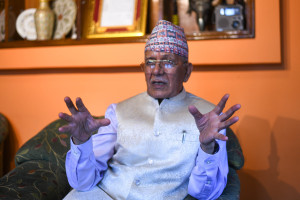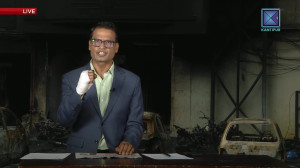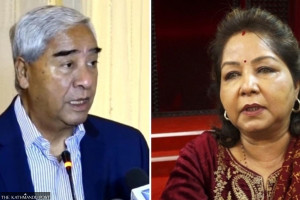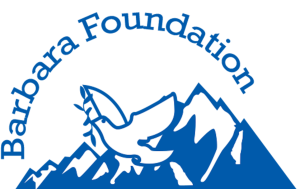Interviews
Lawyer who fought Rayabhar case pro bono says many innocents may be in jails
The Post talked to advocate Radhika Khatiwada, who took up Umashankar Rayabhar’s case, to learn what motivated her to take up the case and in what ways she will be involved in the case in the future.
Umashankar Rayabhar was released from Nakhkhu prison on Sunday after posting Rs25,000 in a bail following a Supreme Court ruling. Correcting the earlier decision by the Patan High Court, the Supreme Court on Friday reduced the bail amount significantly from Rs7.5 million. Making it possible for him was advocate Radhika Khatiwada who took up Rayabhar’s case free of cost. She is providing the legal assistance for free as Rayabhar’s family is too poor to afford a lawyer. Though he has been released, the case against him for an alleged tax evasion amounting to millions, which he apparently never committed, continues in the high court Patan.
Against this backdrop, the Post talked to Khatiwada to learn what motivated her to take up the case and in what ways she will be involved in the case in the future. Excerpt:
What prompted you to take up Rayabhar’s case?
I learnt about the injustice meted out to Rayabhar from the stories published in Kantipur (the Post’s sister paper). I thought Rayabhar and his family were suffering following an inappropriate ruling from the Patan High Court. His poverty speaks for itself that he cannot be a part of tax evasion amounting to Rs280 million. However, the high court didn’t seem to consider it while issuing the ruling to demand Rs7.5 million in bail which was way beyond his capacity to pay.
After learning that he was too poor even to afford a lawyer, I thought I must help him. A petition was filed at the Supreme Court on December 31. On Friday it gave a welcome ruling making his release possible.
The Supreme Court’s ruling was instrumental in securing his release, however, the case against him is yet to be decided. How do you think the case will move forward?
It is true that the Supreme Court’s ruling is largely related to reducing his bail. However, the reasons it has given for reducing the bail amount will be instrumental in proving his innocence in the scam. The Supreme Court’s ruling says that he doesn’t have a direct involvement in the case which I believe will be taken into consideration when the High Court issues its verdict. From Friday's ruling we can say that Rayabhar won’t be treated as prime accused in the tax evasion case.
And I will continue to support him until the high court’s verdict. But only if Rayabhar is willing to take my assistance.
Do you think the Supreme Court’s ruling has created a ground for Rayabhar to get a clean chit?
We will demand for his exoneration. I see two possible scenarios: first, he will get a clean chit and second, the court can impose some fine on him for allowing to use his important documents and putting signatures. He shouldn’t be punished for tax evasion.
What does the Patan Court’s ruling on Rayabhar’s case suggest?
Accessing justice is tough for the poor. Had I not taken up the case, it was possible that he could never get justice. He could have languished in prison for years. His case suggests that there might be more people like him serving jail terms for crimes they never committed. There is a saying that better that ten guilty persons escape than one innocent suffer. I believe this fact is kept in mind before issuing any ruling so that people like him don’t suffer.
I am hopeful that the high court will issue a landmark verdict in the case setting a precedent for similar future cases.
Are you willing to take such cases even in the future?
I am, definitely. I will be taking such cases even in the future to the extent I can handle. Rayabhar’s case was somewhat new and misuse of identification documents without the owner’s permission or knowledge is a new emerging crime in Nepal. This is also a reason why I took up the case.
You were in politics. What led you to shift to lawyering?
Yes, I spent years in student politics. I became a secretary of All Nepal National Free Students’ Union [student wing of the CPN-UML]. With the passage of time, I thought I can do better as an advocate. It has been seven years since I quit politics and started practicing law. I have totally given up politics and now my sole focus is on practicing law.




 19.45°C Kathmandu
19.45°C Kathmandu